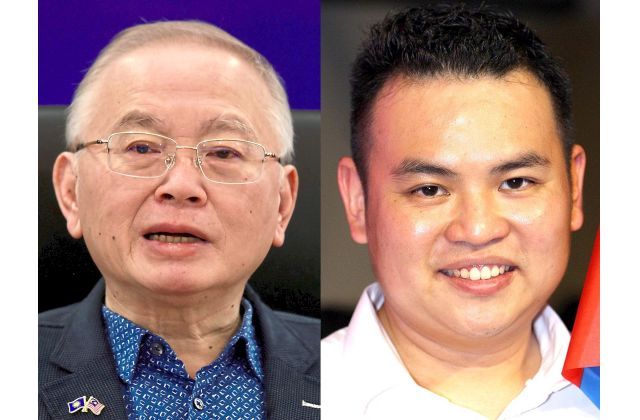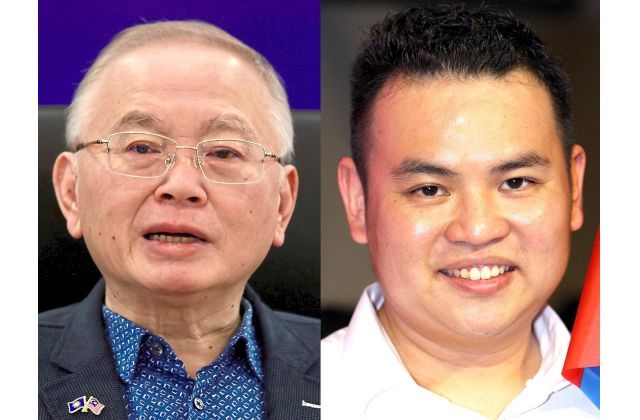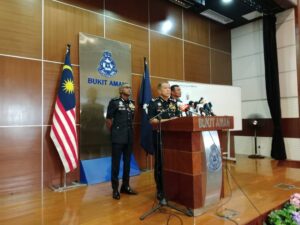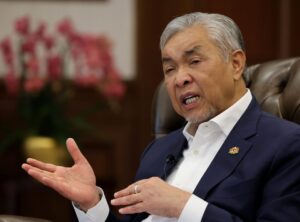
KUALA LUMPUR: A fiery exchange erupted in the Dewan Rakyat as Ayer Hitam MP Datuk Seri Dr Wee Ka Siong called for sweeping reforms to Malaysia’s tax appeals system, drawing rebuke from government backbenchers who accused him of misleading Parliament.
Dr Wee, a seasoned legislator and former minister, argued that it was time for Malaysia to establish an independent body to oversee tax interpretations, appeals and exemptions that is free from executive influence.
Citing the ongoing dispute between Tenaga Nasional Bhd (TNB) and the Inland Revenue Board (LHDN), he raised concerns about the implications of an RM10.6bil tax claim imposed on TNB.
“This is not a case of tax evasion or fraud. It is a dispute over the interpretation of Section 7(a) versus Section 7(b) of the Income Tax Act.
“If the Treasury’s decision against TNB stands, this isn’t just a tax grab – it is daylight robbery of the rakyat’s retirement funds, disguised by bureaucratic language,” he said in the Lower House on Tuesday (Aug 5).
Dr Wee stressed that TNB had, for decades, filed taxes under Section 7(a) as a power generator, a classification it maintains is appropriate.
He questioned the sudden shift by LHDN and its significant financial impact on a GLC backed by public retirement savings.
However, before he could finish, he was interrupted by Chong Zhemin (PH-Kampar), who invoked Standing Order 36(12), accusing Dr Wee of misleading the House.
“This matter has gone through the courts. The courts ruled based on existing laws – laws that were in place while the honourable member for Ayer Hitam was a minister.
“His statement about ‘daylight robbery’ is not just inaccurate, it misleads the House,” he said.
Chong demanded that Dr Wee retract the remark and threatened to refer him to the Privileges Committee, to which Deputy Speaker Alice Lau told the former to file a motion.
“YB Kampar, you may file a motion. The Speaker will then request an explanation from Ayer Hitam,” she said.
Unperturbed, Dr Wee stood his ground.
“Respect me as a representative of the people. Let me finish. This is a policy proposal rooted in reform, based on models from developed nations. What wrong have I committed in presenting this?” he asked.
He clarified that his critique was aimed at the system, not the current administration and that his broader point was about ensuring institutional independence in tax matters.
“I did not blame any specific government. My argument is for a system that does not operate on anyone’s cue – that is the reform spirit we speak of,” he added.






